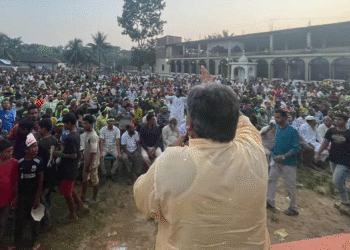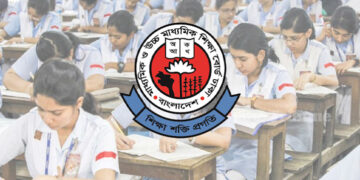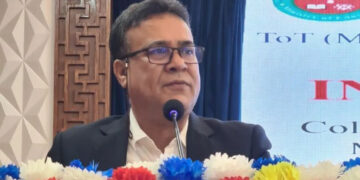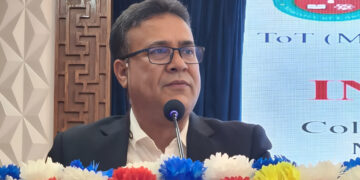A draft policy has already been prepared for admission to class XI for the 2025–26 academic year. The policy is expected to include a new quota, the ‘July Mass Uprising’ quota.
According to reports, this special quota will benefit students from the families of those who were martyred or injured in the 2024 student-public movement. The Inter-Education Board has already sent a recommendation to the Ministry of Education, and if approved, this quota will come into effect starting from the 2025 college admission cycle.
Sources from the board say that the proposed quota prioritizes the children and family members of those martyred in the movement. Currently, the admission policy reserves a total of 7% quota: 5% for children of freedom fighters and 2% for employees under the Ministry of Education.
But the number of college-level students from freedom fighter families has declined, and the quota for grandchildren of freedom fighters has been revoked by a high court verdict. As a result, the existing quota structure is now being reviewed and restructured.
A board inspector, who spoke anonymously, mentioned: “At the college level, there are hardly any children of freedom fighters left. A new quota based on realism and historical context was needed. Along with this change, further reforms are coming in the XI admission policy.”
Professor Dr. Khondoker Ehsanul Kabir, Coordinator of the Inter-Education Board and Chairman of the Dhaka Board, told the media that significant changes are coming to the XI admission policy for 2025.
A draft, including proposals for quota reform, merit-based prioritization, migration processes, and addressing private college shortages, has been sent to the Ministry of Education.
The new policy also aims to establish a fixed admission timeline, promote technical and vocational education, and address the challenges of underperforming colleges.
According to results of the 2025 SSC and equivalent exams, 1,303,426 students passed, and 139,032 obtained GPA-5. However, the number of high-quality colleges in the country — such as Notre Dame, Holy Cross, St. Joseph, Viqarunnisa, RAJUK, Residential, and Ideal does not exceed 240–250, with a combined capacity of around 100,000 seats.
This means a large number of GPA-5 holders will not be able to get into their desired colleges. Last year, about 8,500 GPA-5 students were unable to secure admission in the first phase and had to settle for lower-ranked institutions.
Read More: Sweet Diplomacy: Bangladesh Surprises Modi with 1,000kg of Mangoes!
Professor Rezaul Haque, College Inspector at Dhaka Board, said that top colleges give priority to students from their own school branches, leaving very few spots for outsiders. Some students also miss out in the first phase due to poor college choice decisions.
He emphasized the importance of selecting colleges wisely and applying on time. According to data from BANBEIS and the Education Board, there are currently 9,181 colleges and madrasas with nearly 2.2 million seats for class XI. An additional 900,000 seats exist under the Technical Education Board at HSC level, and 241,000 more at public and private polytechnic institutes.
In total, there are about 3.325 million seats available, while only 1.3 million students passed SSC this year — leaving over 2 million seats vacant. An internal report from the board revealed that at least 220 colleges had zero admissions last year, exposing a deep structural imbalance and lack of planning in the country’s education system.
Meanwhile, missionary-run institutions like Notre Dame, Holy Cross, and St. Joseph will continue to run their admissions under their own systems. Notre Dame College Principal Hemonto Pius Rosario confirmed that, following High Court directives, they will conduct their own admission tests again this year. Similar approaches are expected from Holy Cross and St. Joseph, according to board sources.
The 2025 SSC and equivalent results were released on July 10, showing a pass rate of 68.45%, a steep decline from 83.04% last year a drop of about 15%.
The education board stated that online applications for XI admission will begin in the last week of July. The admission and migration process will be conducted in three phases, and the Directorate of Secondary and Higher Education plans to begin classes by September.
Share via:

















